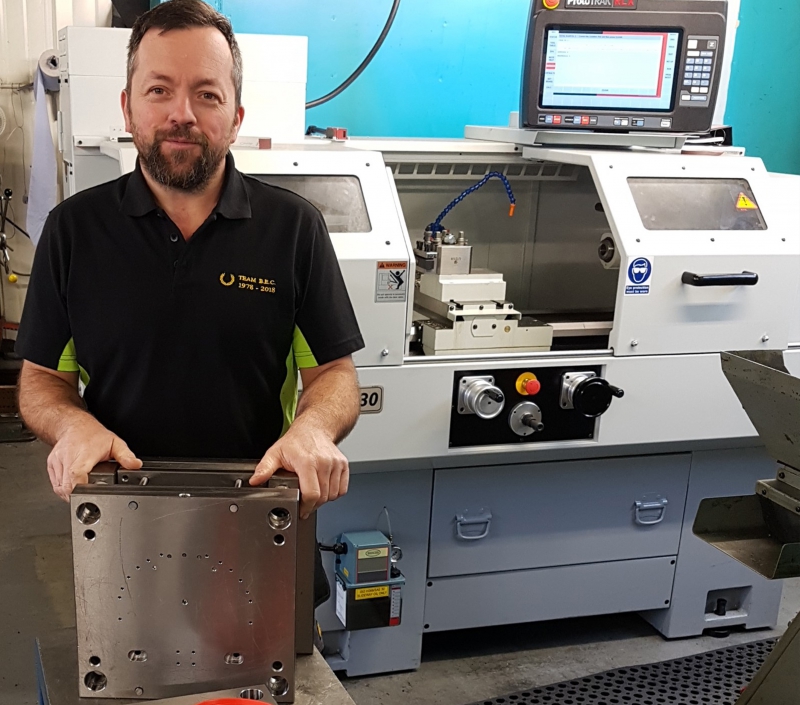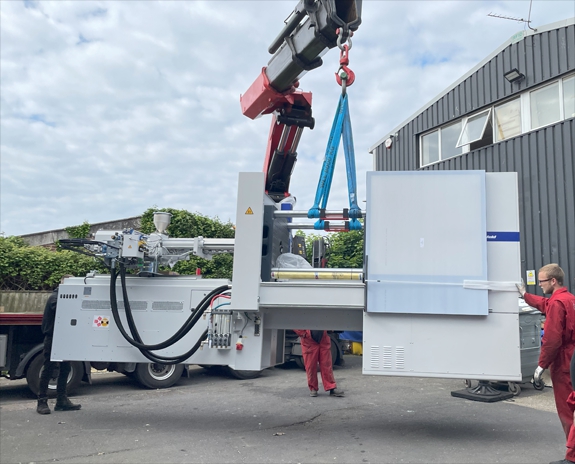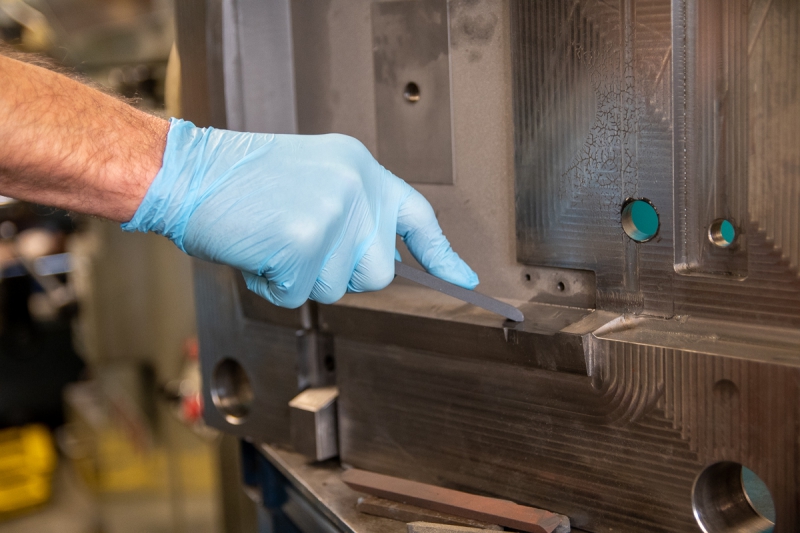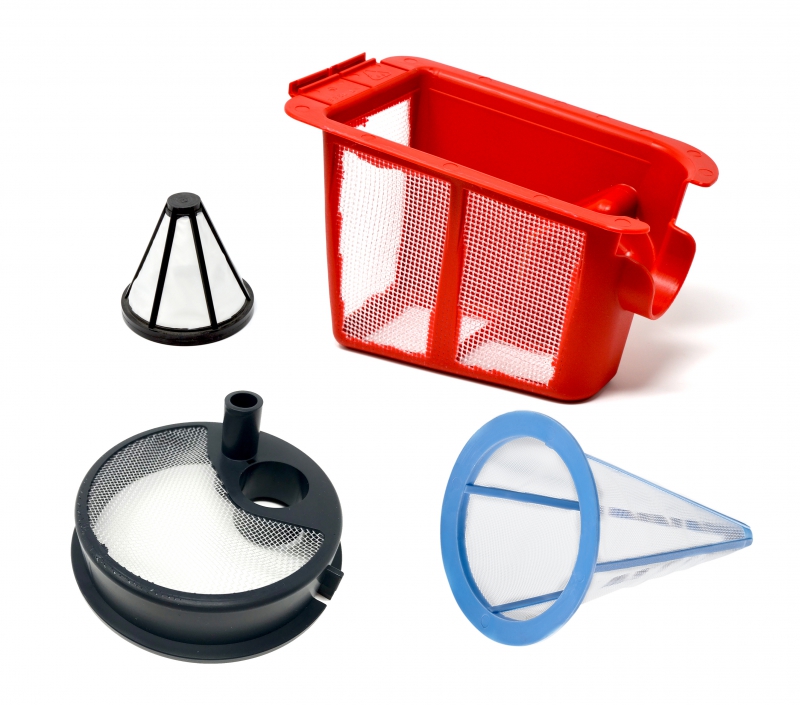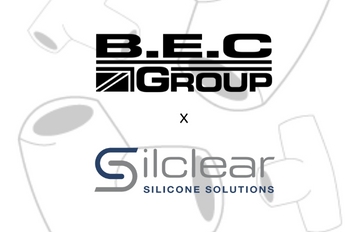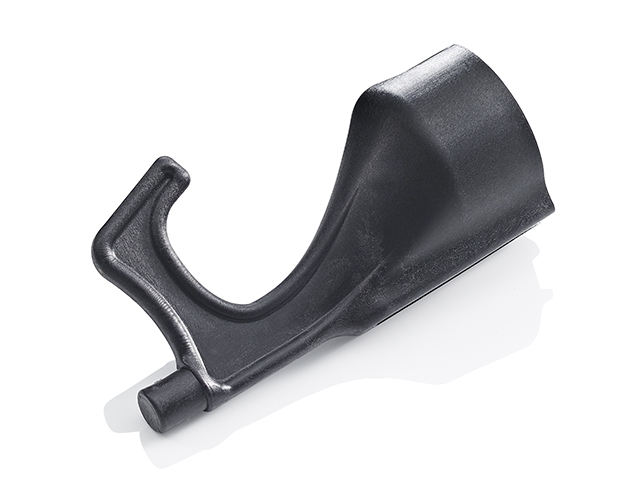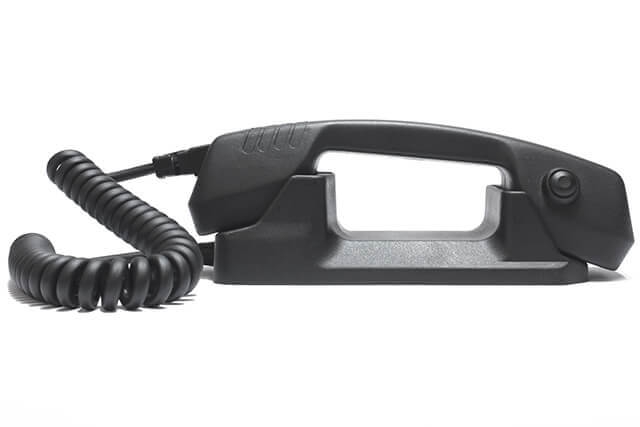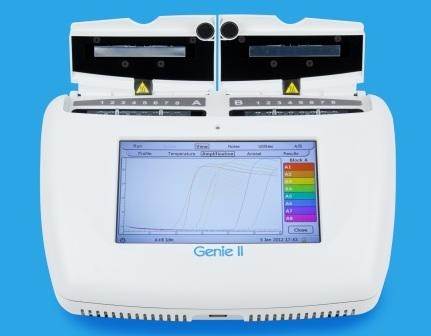- Contact 0870 350 7767
- |
- Advertise
NDAs in Plastic Injection Moulding
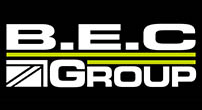 News and PR from BEC Group - Published 19 September 2023
Read on to find out what an NDA is, why it’s used and whether you might benefit from having one (we’re moulders, not lawyers, so do seek independent legal advice if you think an NDA is appropriate for
News and PR from BEC Group - Published 19 September 2023
Read on to find out what an NDA is, why it’s used and whether you might benefit from having one (we’re moulders, not lawyers, so do seek independent legal advice if you think an NDA is appropriate forAs a business that deals with new inventions, innovative products, and cutting-edge applications, BEC GroupÂ’s plastic injection moulding clients often wish to engage in NDAs with us.
Read on to find out what an NDA is, why itÂ’s used and whether you might benefit from having one (weÂ’re moulders, not lawyers, so do seek independent legal advice if you think an NDA is appropriate for your business!).
What is an NDA?
An NDA, confidentiality agreement, or non-disclosure agreement is a legally binding contract between two or more parties that protects confidential information from being disclosed to other people or parties outside of the agreement.
In the world of plastic injection mouldings, NDAs are used to prevent designs, applications, or trade secrets from being leaked to third parties.
An NDA isnÂ’t the same as a patent, a trademark or intellectual property. However, an NDA can be used to help protect your intellectual property.
What is included in an NDA?
Non-disclosure agreements vary from case to case. Typically, they state the two (or more) parties involved in the agreement and define what confidential information cannot be disclosed (for instance product designs, intellectual property, market strategy) etc. The agreement also states the consequences for leaking any of this specified information. A time period for the NDA to be enforced for is often included- this may be months, years, or indefinitely from when the NDA is signed. There is much more specific information included within an NDA, but this forms the main basis of the contract.
Should I use an NDA?
ItÂ’s up to you whether you think an NDA is necessary for your project. Many businesses find NDAs to be a clear way to keep sensitive information private with a manufacturer or business partner. It allows for clear consequences for information leakage and is a relatively low-cost measure to implement.
On the other hand, businesses unused to NDAs may feel it creates an atmosphere of distrust with a new business partner. Additionally, they can be difficult and costly to enforce.
If you decide you do require an NDA, a solicitor or IP attorney will draw up an agreement based on your precise requirements.
If you would like to know more about using an NDA with us or need help with a project from our experienced team, get in touch. Either call 01425 613131 or email. WeÂ’re happy to help!
Other announcements from BEC Group
-
Behind the Scenes in BEC Toolroom: Apprenticeship
Our busy toolroom at BEC Group continues to expand as our orders grow. Our newest addition to the tooling department, Tom is an apprentice machining technician. We caught up with Tom in the toolroom.
11 Apr 2024
-
Moving manufacturing from 3D printing to injection moulding
What are the differences between 3D printing & injection moulding a plastic part? When should manufacturers move from 3D printing to injection moulding? What do they need to consider when doing so?
01 Nov 2023
-
Top Ten Benefits of In-House Tooling
Read on for the top ten benefits of keeping tooling in-house, to get the most out of your initial investment in injection mould tooling.
22 Jun 2023
-
A fond farewell and new machinery arrives
BEC Group say goodbye to one of their oldest injection moulding machines, and replace it with a Battenfeld Smartpower 240 to allow for larger mouldings to be produced.
30 May 2023
-
BEC GROUP OFFERS RECYCLED PLASTICS RANGE FOR CUSTOMERS
BEC Group are pleased to announce the expansion of our Green Plastics Range to include a variety of up to 100% recycled plastics for the exclusive use of our plastic injection moulding clients.
19 Apr 2023
-
Top ways to save money when manufacturing your mould tool
Mould tooling is rarely cheap (and if it is it probably isn't great quality!), but there are a number of ways you can save precious pounds during the process. Find out more from BEC's toolmakers.
30 Mar 2023
-
Why should you injection mould your filters?
BEC Group manufacture thousands of bespoke filters every week that are used in your kettle, car and washing machine. Find out more about injection moulding filters and the advantages of this technique
22 Dec 2022
-
BEC Partnership with Silclear
BEC Group are pleased to announce a new partnership with silicone solutions provider Silclear.
13 Sep 2022
-
BEC Group Upgrades 3D Printer and Scanner
BEC Group have upgraded our 3D printing and scanning suite to make tooling and moulding development easier and quicker for our customers.
01 Jun 2022
-
-
BEC Group acquires filter encapsulation warehouse as demand increases
To keep up with demand and accommodate further filter encapsulation production, BEC Group have secured a lease on a new facility...
05 Nov 2021
-
How Green is my Product? Recycling and Using Recycled Material
THE DAILY GRIND: HOW USABLE IS RECYCLATE?
16 Sep 2021
-
Making Designs Manufacturable
We sat down with our Head of Design & Innovation, Paul Holland, to learn all about BEC's Design for Manufacture process.
02 Sep 2021
-
-
Case Study - Tuff Handset for DAC
HANDSET BUILT FOR RAIL INDUSTRY CRITICAL COMMUNICATIONS - FAILURE NOT AN OPTION
15 Oct 2020
-
Proud to join the ranks of the Railway Industry Association
We’re thrilled to have joined the well-respected member ranks of the Railway Industry Association (RIA), the trade association for the UK-based suppliers to the UK railway industry.
28 Sep 2020
-
Factory switches to making thousands of the 'world's safest visors'
NHS workers are wearing visors dubbed the “safest in the world thanks” to a local business.
01 Sep 2020
-
World’s Safest Face Visors
We joined with UK designers and other UK manufacturers to answer the calls for Critical PPE. The face shield has been awarded a Level 3 EU Type-Examination Certificate
21 Jul 2020
-
Local firm joins fight against tree disease
BEC Group engineers and manufactures a portable device for OptiGene that is being used to track the spread of the ash dieback disease.
14 Jan 2013








